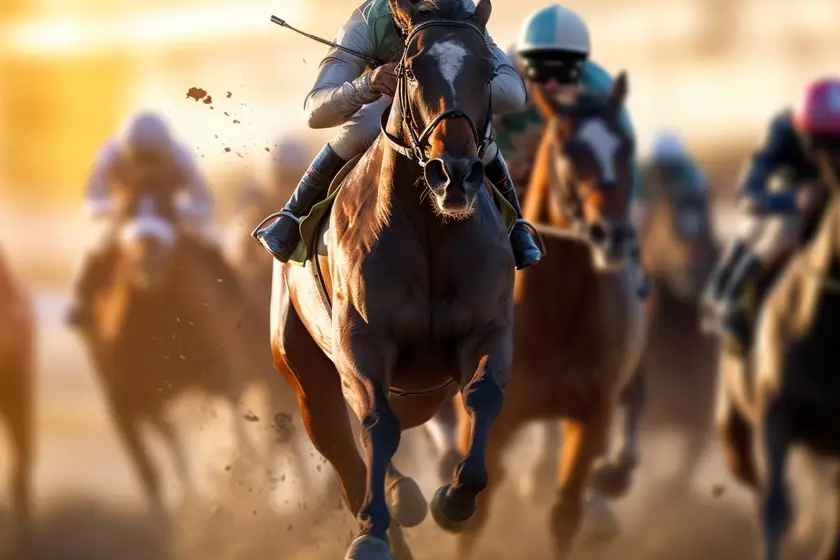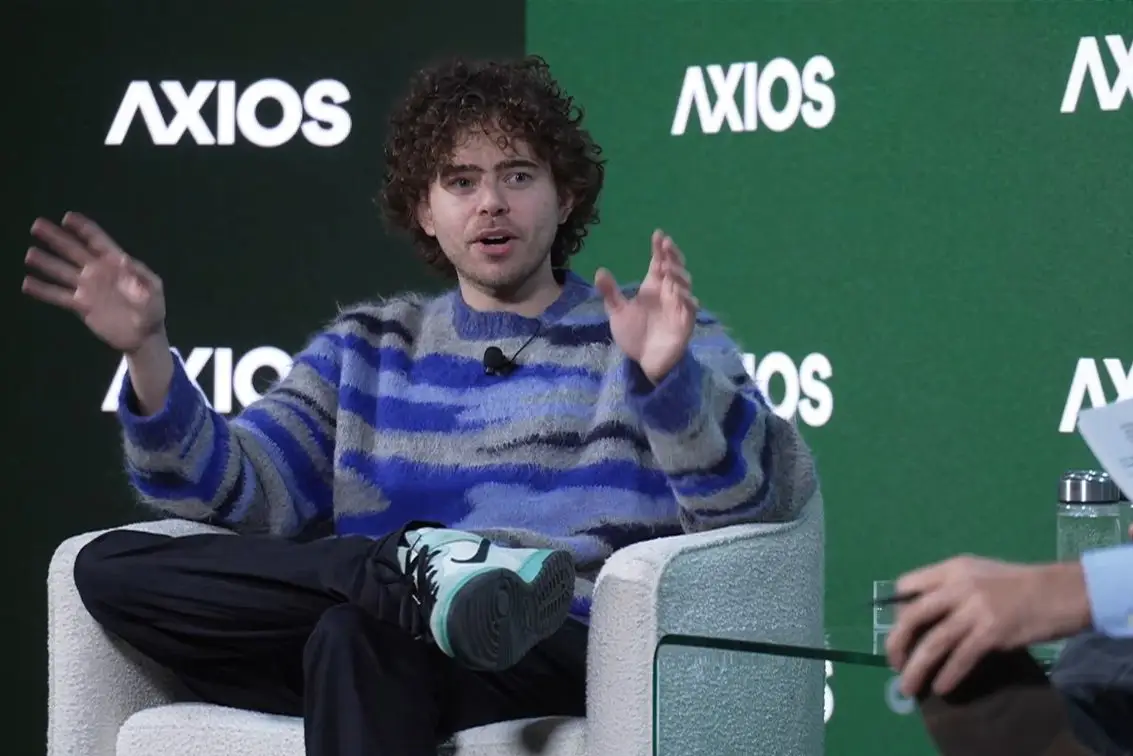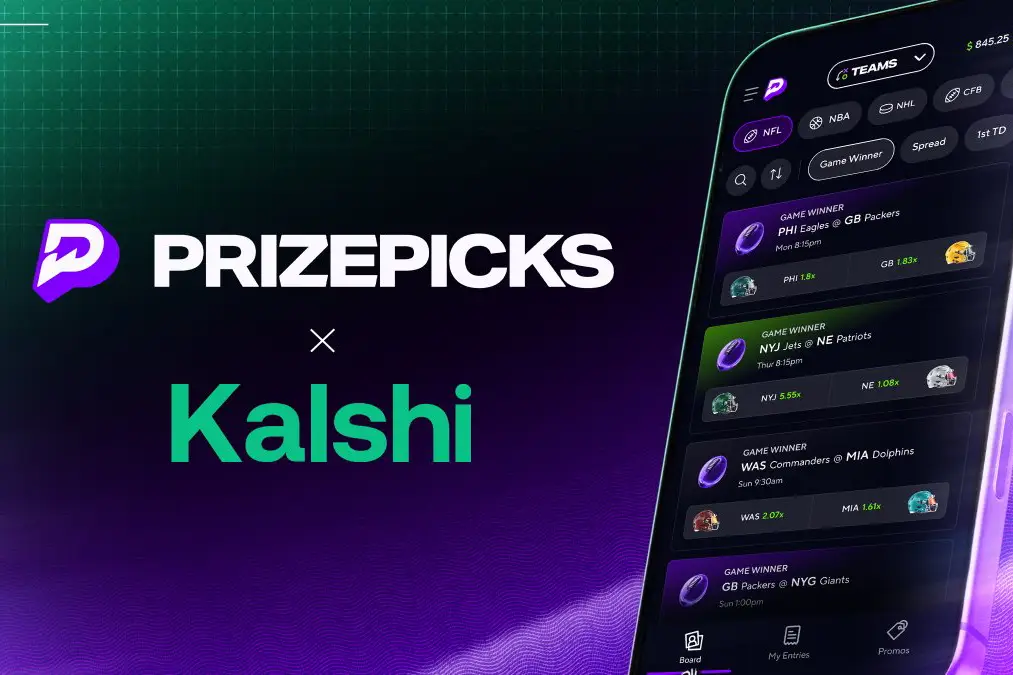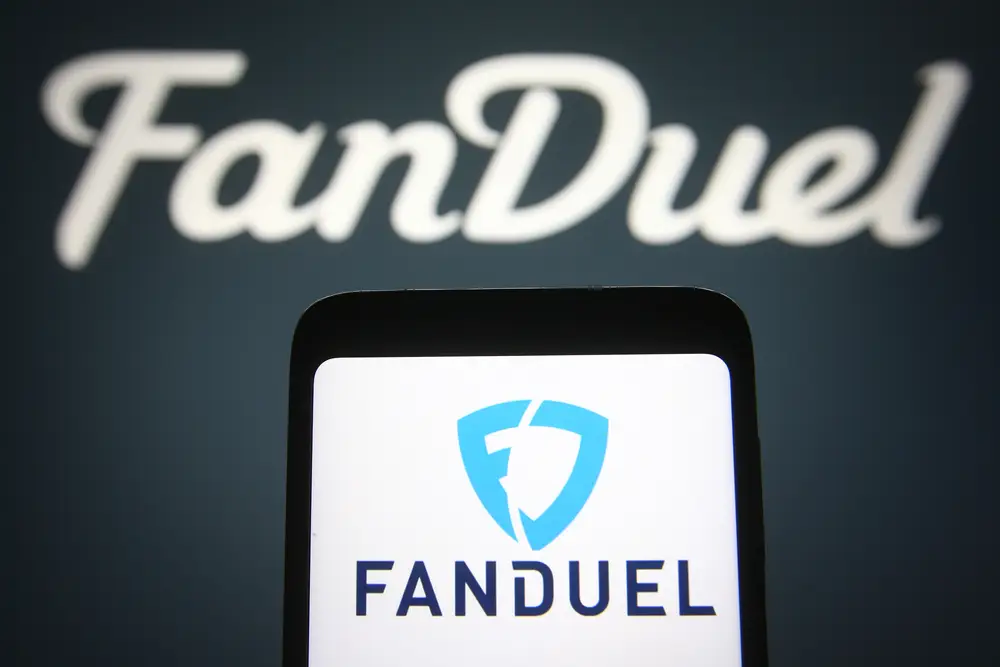During Churchill Downs’ Q2 earnings call on July 24, CEO Bill Carstanjen was asked about the potential threat to horse race betting that prediction markets may pose.
Carstanjen said he wasn’t concerned about how prediction market platforms might cut into horse betting revenue because he believes the structure of pari-mutuel wagering and the complex web of state and federal regulations surrounding it “doesn’t make it an attractive target for prediction market activity.”
“We haven’t really seen it and it isn’t something that we’re really concerned about,” Carstanjen said in regards to prediction markets’ impact on the industry, which is heavily dependent on funding from wagering.
The question about prediction markets’ potential impact on horse race betting comes as U.S. prediction market exchange Kalshi, which is regulated on a federal level by the Commodity Futures Trading Commission, faces legal challenges over its ability to offer sports event contracts. Some states and a few Native American tribes have taken legal action to attempt to prevent Kalshi from offering what they see as illegal sports betting in their jurisdictions.
CEO says Interstate Horseracing Act is a deterrent
Carstanjen called prediction markets “a fascinating subject” and said he personally pays a lot of attention to them. As a member of the executive committee of the American Gaming Association, he said he’s also discussed prediction markets with other committee members.
Carstanjen said that he believed the federal Interstate Horseracing Act of 1978 provides the industry protection from unsanctioned outside betting on races, including trading at prediction markets. The law prohibits acceptance of off-track wagers unless explicit consent is given by the host racing association, the host racing commission, and the off-track racing commission.
Carstanjen said the Interstate Horseracing Act “essentially gives us an intellectual property right in the wagering rights around our product.”
“So in essence, you need the approval of the content producer if you want to take wagering or conduct wagering activity on our races or other pari-mutuel horse races,” he said. “So I think that’s an impediment to that activity happening on that platform.”
Betting structure another obstacle
The structure of horse race betting is also not particularly well suited for prediction markets, which primarily offer binary trades, allowing users to buy “Yes” or “No” contracts on the outcome. A big part of horse race wagering is box betting, like trifectas and exactas, in which bettors pick multiple horses to finish in top positions.
Box bets are somewhat similar to the popular parlay bets offered at sportsbooks, where users combine multiple wagers on different outcomes, lengthening odds and increasing the potential payout.
Non-binary trades like parlays have proven to be a difficult nut for prediction market platforms to crack, but Kalshi has said they have been working on a way to offer them.
Kalshi didn’t offer Triple Crown markets in 2025
Kalshi began offering sports event outcome markets earlier this year, letting users trade on who would win major events like the Super Bowl and March Madness games. Kalshi also began offering markets for single-game outcomes (similar to moneyline bets) and tournament series and championship winners in a wide range of other sports, including the NBA, MLB, golf and tennis earlier this year. These sports markets quickly became the leading trading volume drivers on the platform and continue to expand.
This year, Kalshi refrained from allowing users to trade on the winner of Churchill Downs’ crown-jewel event, the Kentucky Derby, nor did it have markets for any other horse races. Gaming journalist Dustin Gouker reported that users on the Kalshi Discord channel were regularly requesting markets on the Derby.
Given Kalshi’s ongoing battles with state gambling regulators over sports markets in general, the company may have wanted to avoid further legal battles, particularly ones involving federal legislation.
But Polymarket, which hasn’t been available to U.S. traders since 2022 but will soon return, let users trade on the winner of the Kentucky Derby, Preakness Stakes and Belmont Stakes this year. Collectively, the three markets attracted north of $1.26 million in trading volume, with the majority coming from Derby trades.
Legal challenges could determine future horse market availability
There’s certainly a chance that Kalshi will attempt to offer horse race winner markets in the future, but it may be dependent on the outcome of its legal tussles with state and now also, tribal gaming entities. If Kalshi emerges victorious and is given the go-ahead to continue offering sports trades in all 50 states, it could be emboldened to test the waters on Triple Crown trading.
Legal losses in those cases might make them think twice.
Polymarket is watching those cases closely, as well. When it returns to the U.S., the crypto prediction market exchange will also be operating under CFTC oversight. Will Polymarket still offer Derby, Preakness and Belmont trades in 2026? The ongoing legal cases and their willingness to take on potential new ones may be determining factors.
Kalshi’s legal fights have mostly been related to allegations that their operations are at odds with state gaming regulations. But the Interstate Horseracing Act is a federal law and perceived violations could lead to new and different challenges, including from the CFTC itself.




























